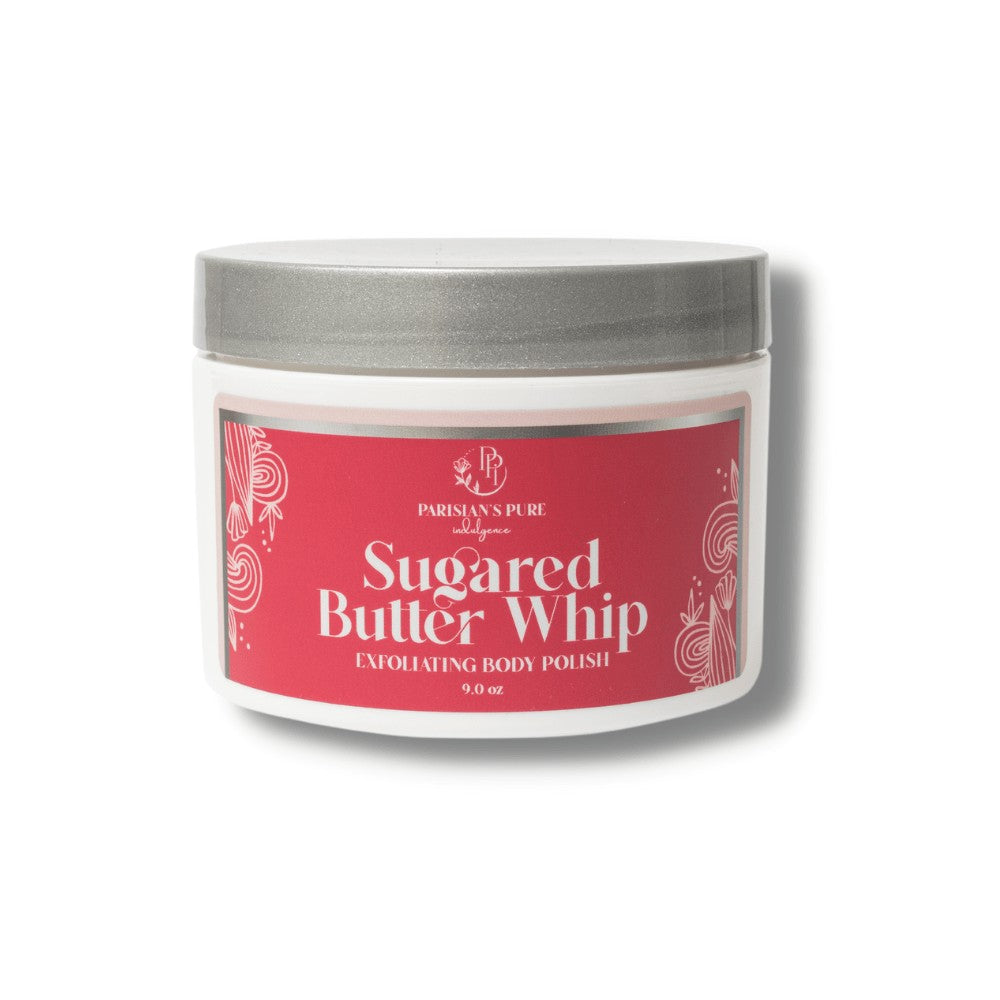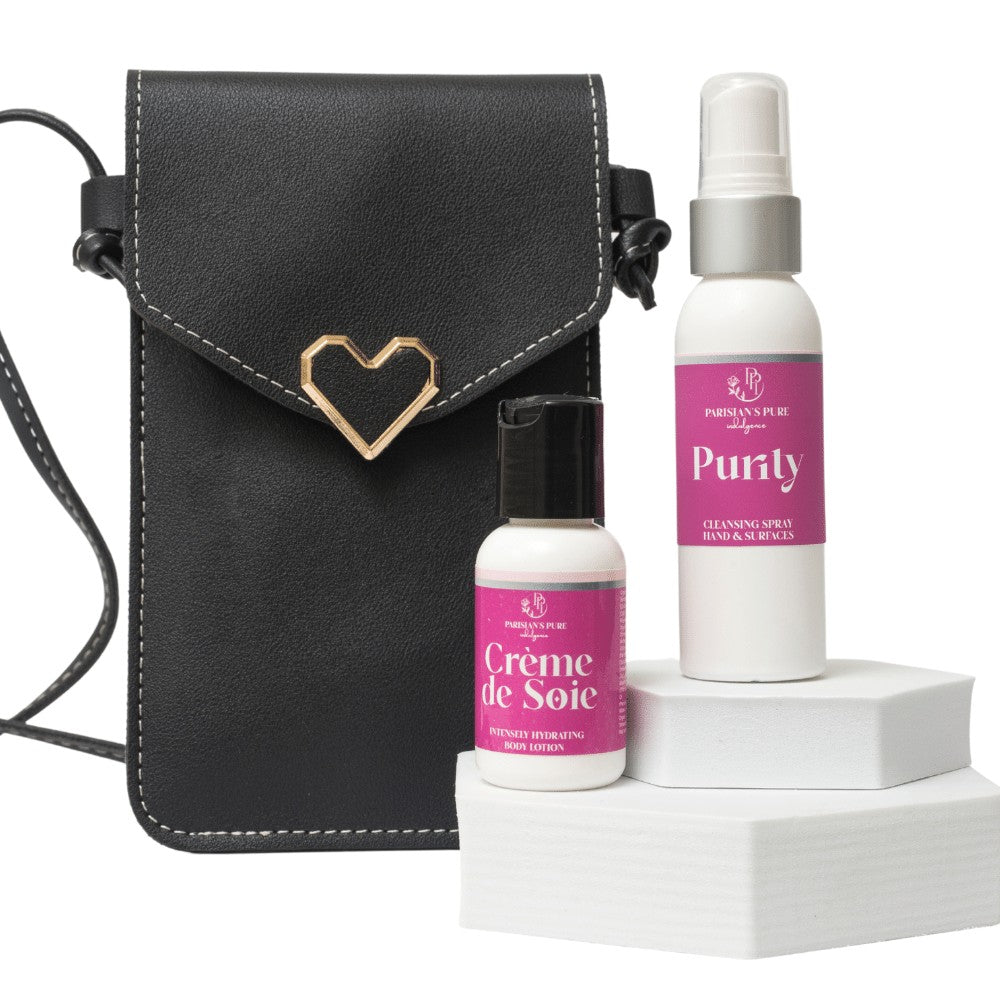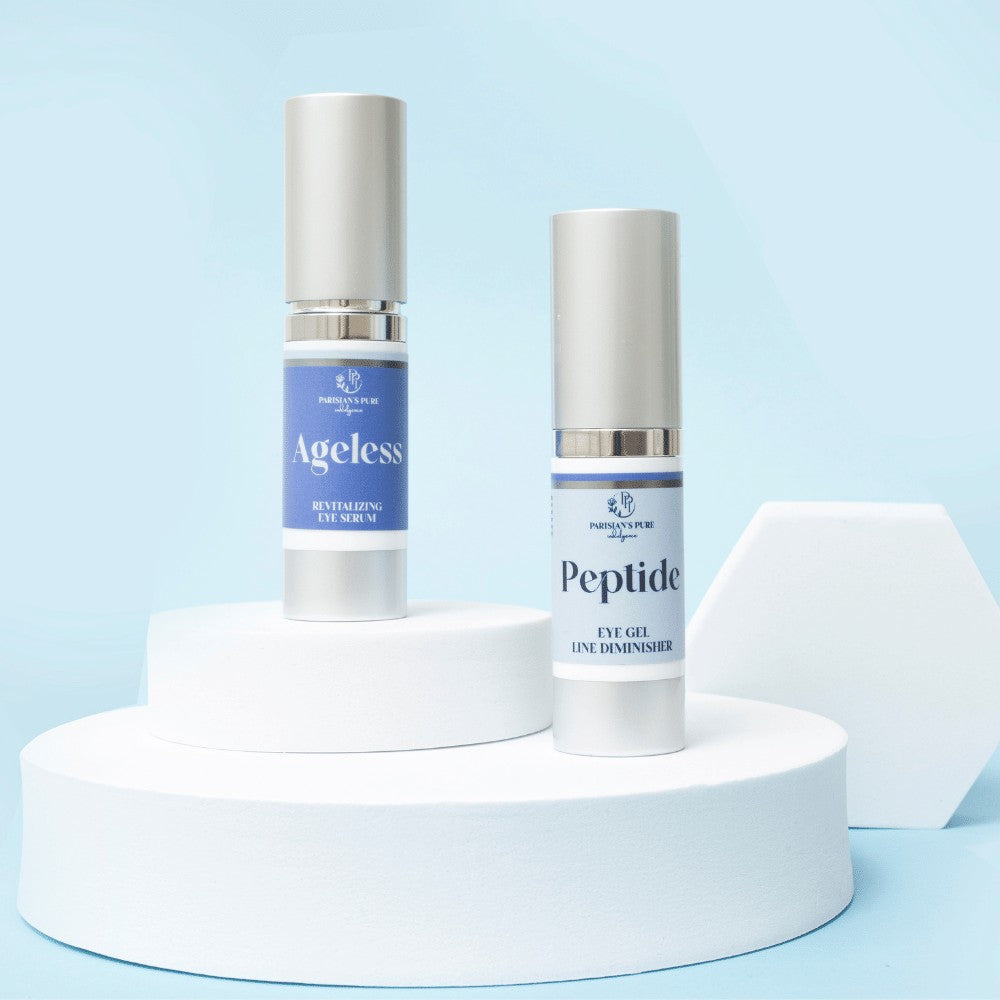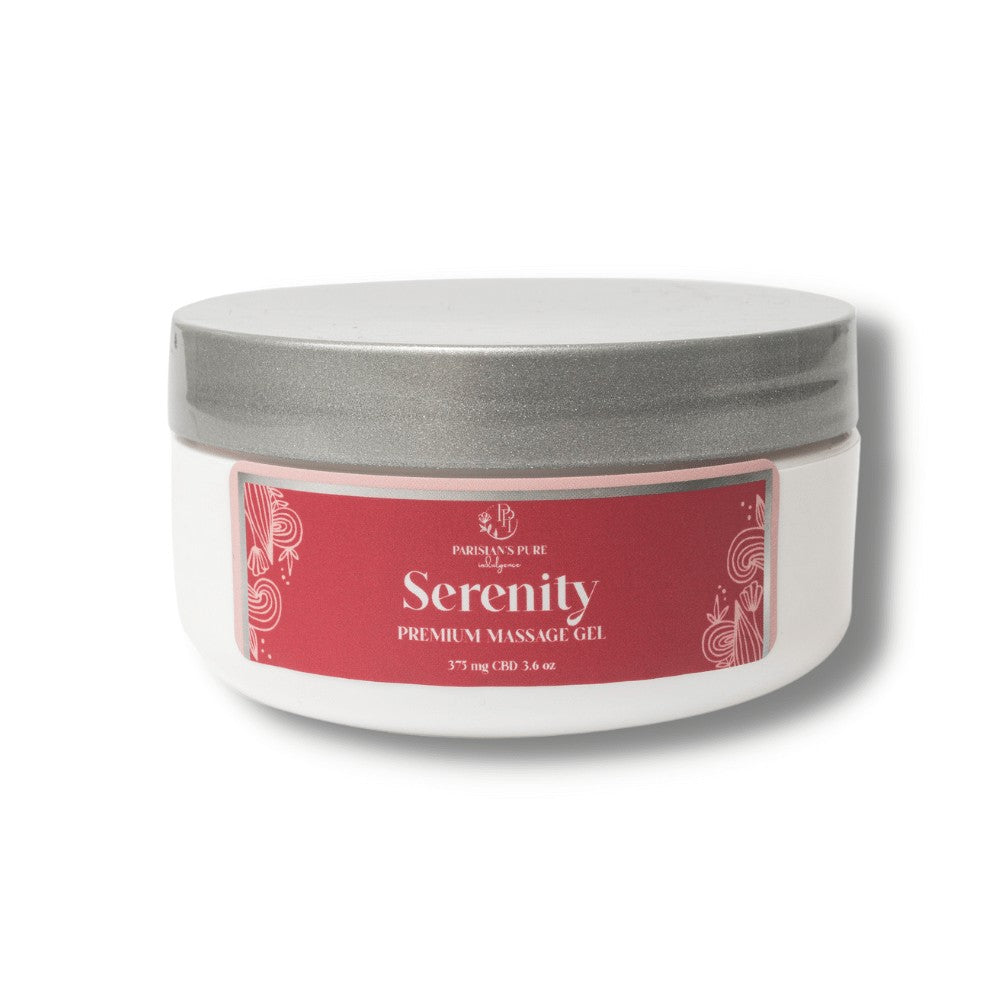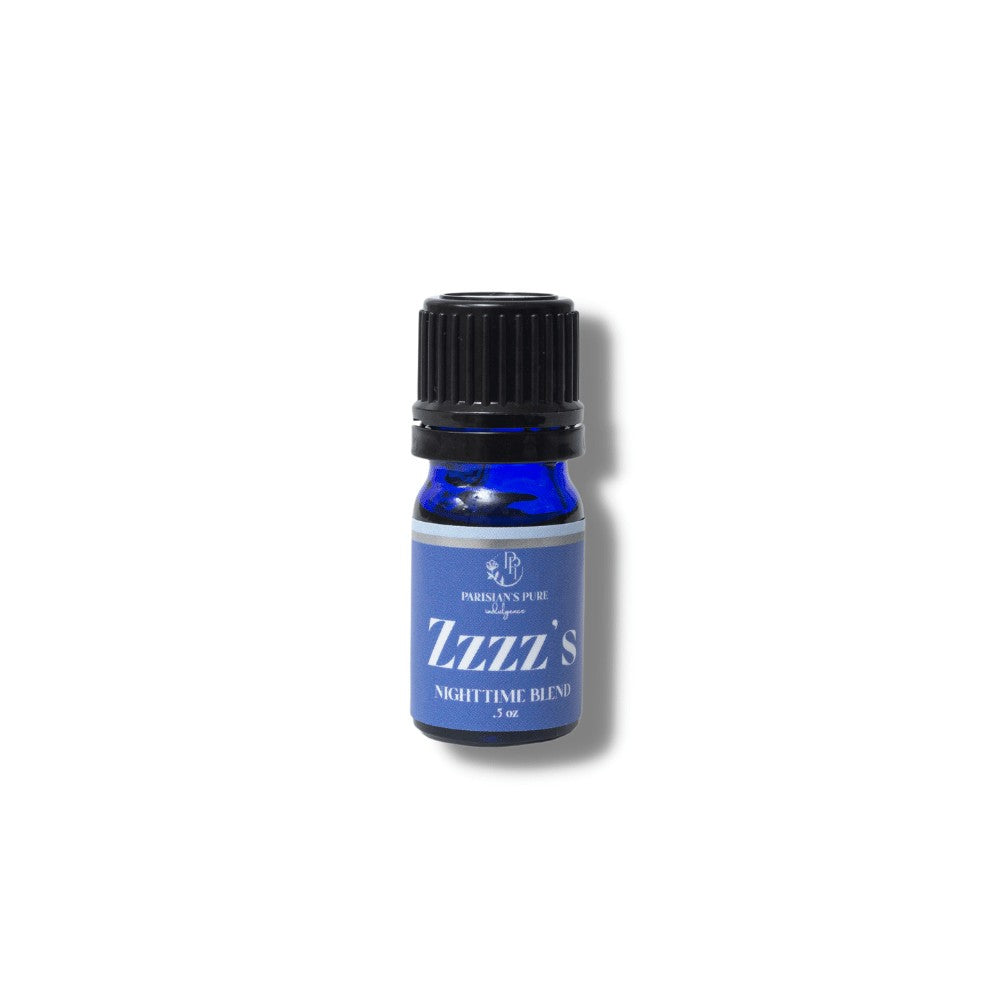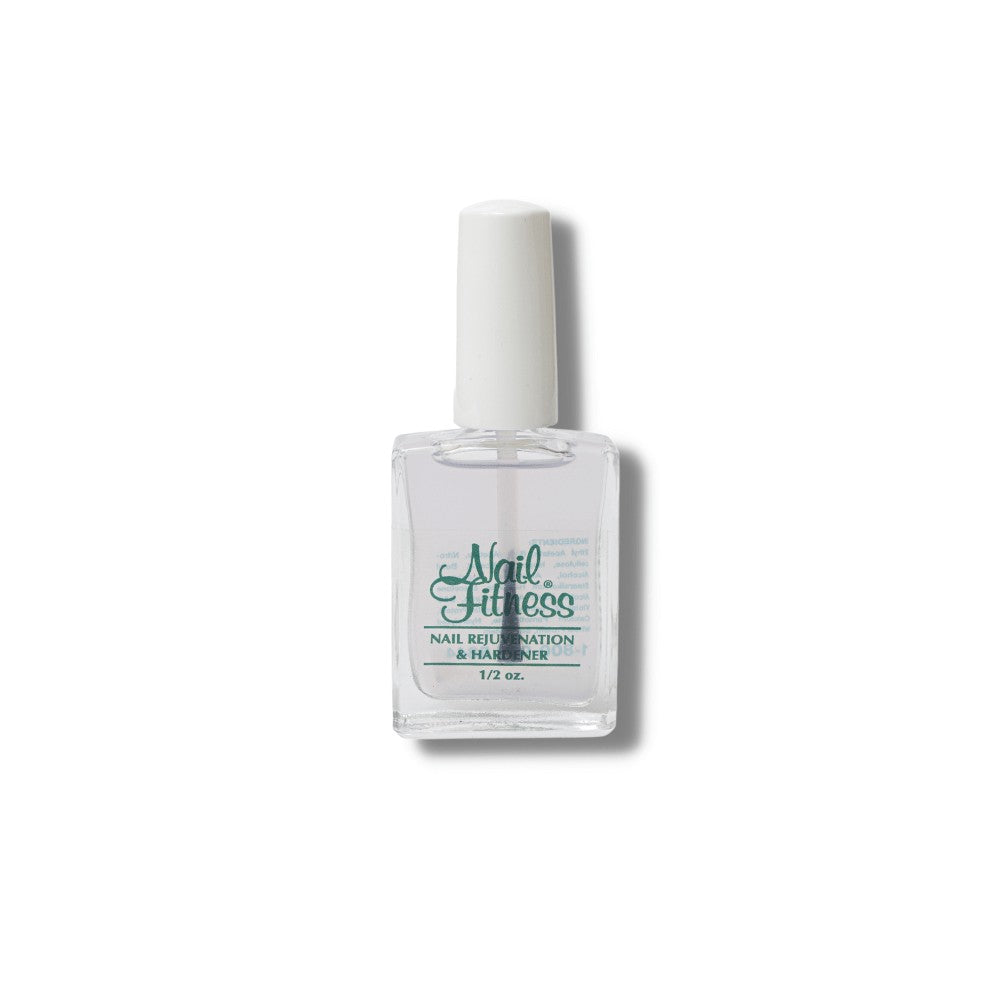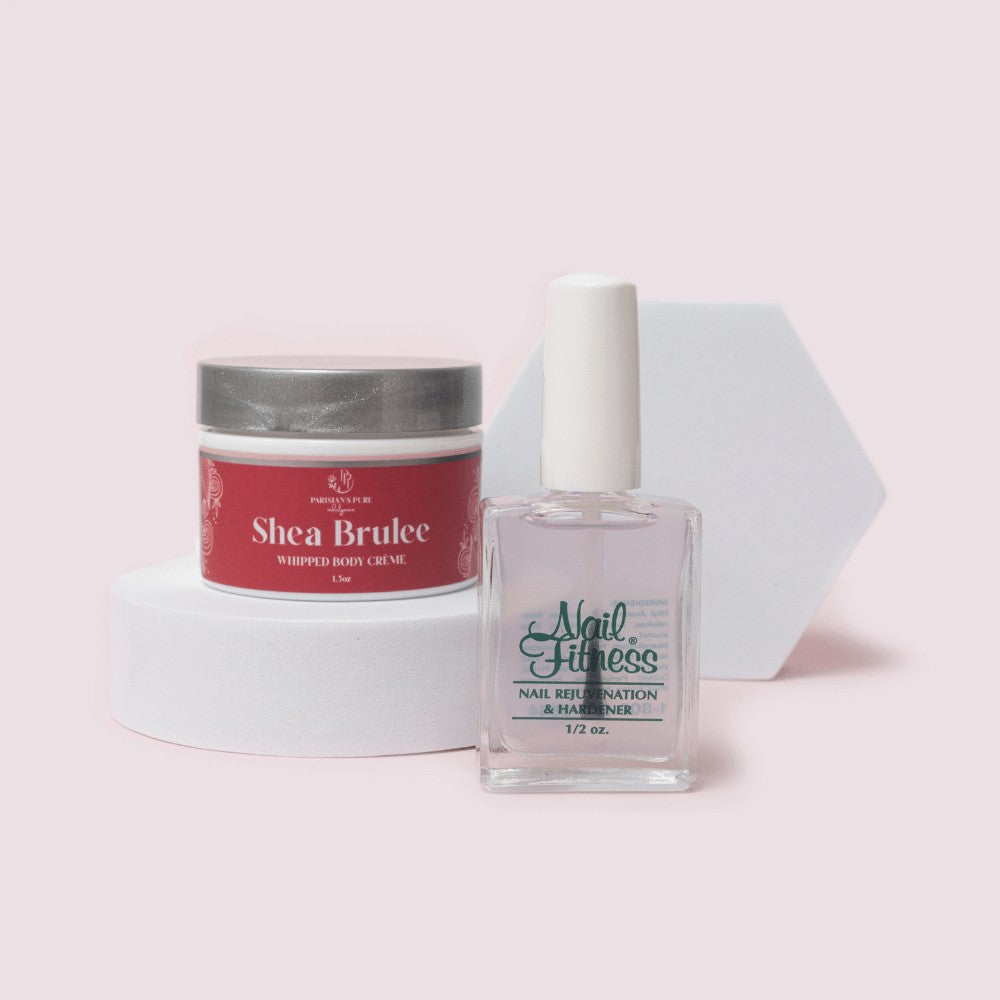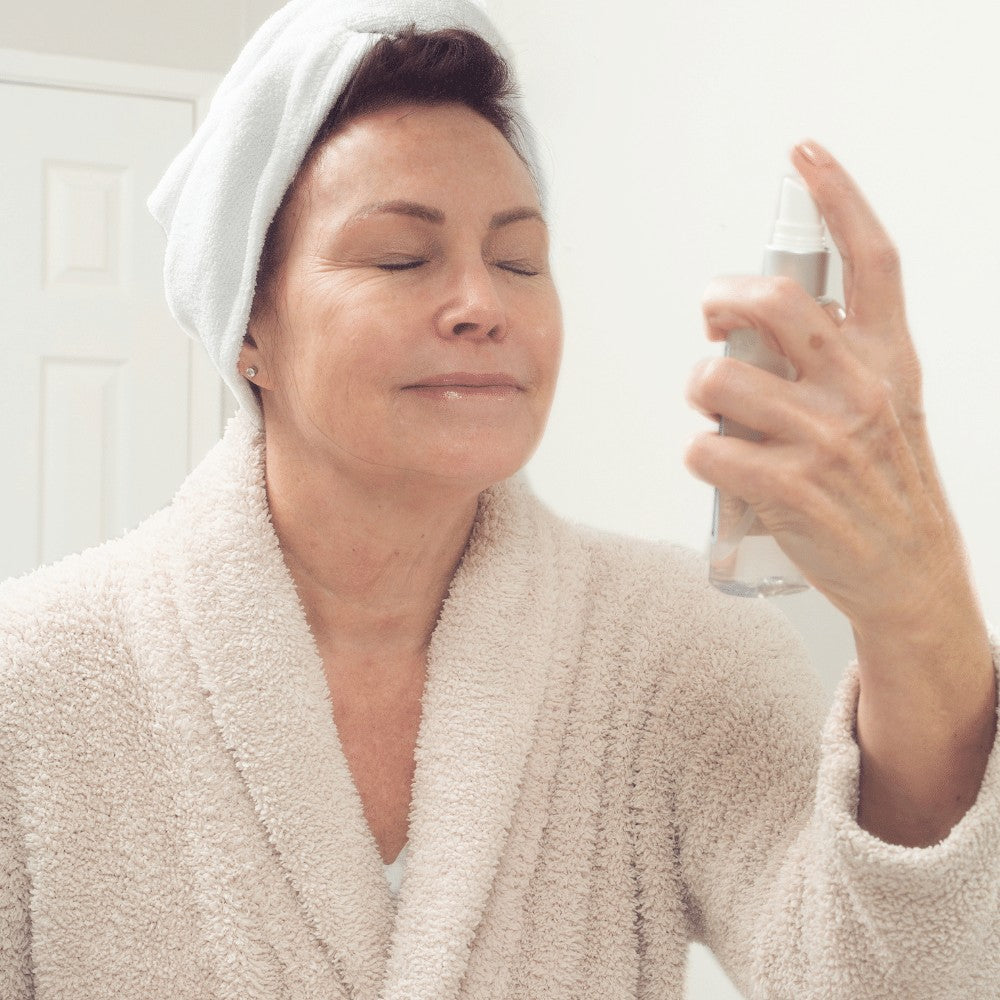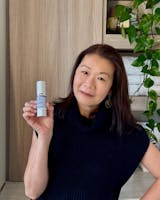Hyaluronic Acid vs. Botanical Hyaluronic Acid
Do you know the difference?
Up until the late 1990s, the only way to get hyaluronic acid was from animal sources, like rooster combs (no, thank you).
Some skincare brands still use this type of hyaluronic acid in their serums, creams, and injections. But why? There are now plenty of plant-based hyaluronic acid options available that are just as effective, if not more so.
Next time you're shopping for skincare, be sure to check the ingredients deck of any skincare product to make sure the hyaluronic acid is plant-based.Your skin will thank you for it.
Another thing to watch out for: If the product is inexpensive, chances are they may still be using an animal-based source of hyaluronic acid.
What you should know about Hyaluronic Acid and your skin
Hyaluronic acid (HA) is a naturally occurring substance in our skin that helps keep it hydrated and plump. As we age, our HA levels decline, which can lead to wrinkles and sagging skin.
HA is a humectant, which means it attracts water. It doesn't create water, but it pulls it from the air or from deeper layers of the skin to hydrate the surface. This makes HA a key ingredient in many moisturizing and anti-aging skincare products.
The HA in our Retinol Plus is cruelty-free and botanical, meaning it's derived from plants. It's also essential for our skin's elasticity and structure. Properly hydrated skin feels soft and looks plump and firm.
For more info on why HA is your dry skin savior, read this blog post.

